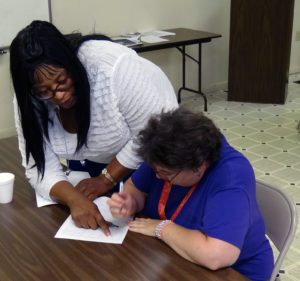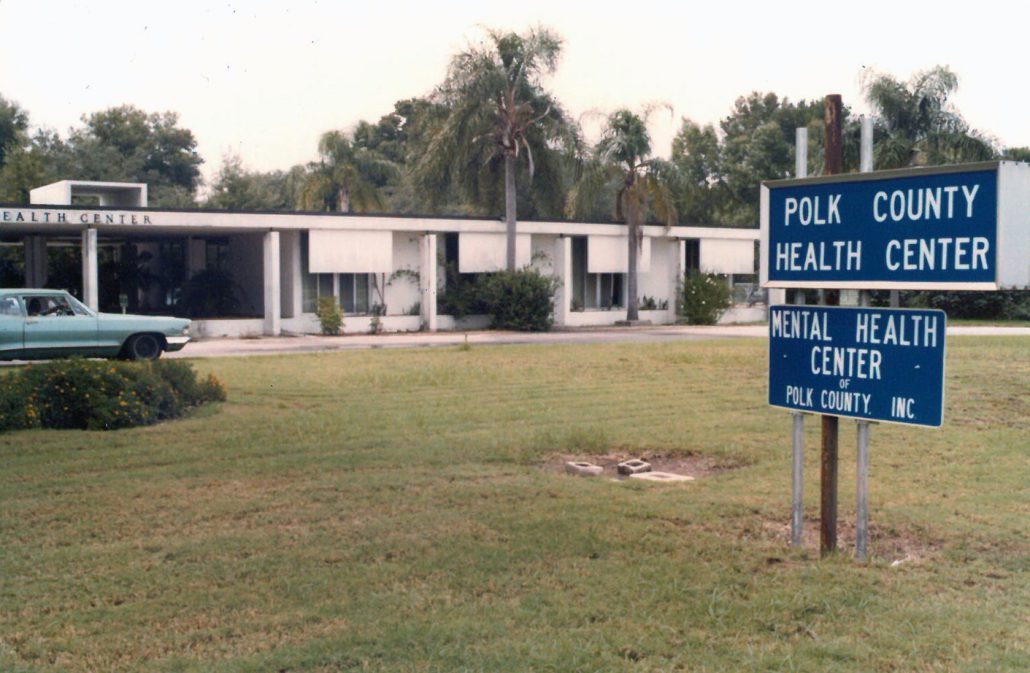Our Mission
is to engage, restore, and empower individuals in our community to reach their fullest potential.
The vision of Peace River Center is to be a center of excellence for behavioral health and emotional wellness.
is to engage, restore, and empower individuals in our community to reach their fullest potential.
The vision of Peace River Center is to be a center of excellence for behavioral health and emotional wellness.
Peace River Center strives to treat our members and the individuals we serve with integrity and compassion. We are accountable to our members and the clients we serve, treating them with the respect they deserve. Peace River Center is committed to being a center of excellence in our community.
Our services are person-centered, trauma-informed, evidence-based, and culturally responsive. Our commitment to the well-being of our patients extends beyond the services we provide directly. We work in collaboration with other healthcare providers in each community to ensure patients’ total healthcare needs are met.


Peace River Center (PRC) was founded in the late 1940s in response to the community’s concern for the emotional and psychological well-being of children. Over time, PRC gradually expanded its services to include adults. A significant growth period for the Center came after the 1973 passing of the Baker Act, which is Florida’s Mental Health Act, enabling them to establish a community mental health center as an alternative to treatment at the State Hospital. In the late 1970s, PRC opened the first of two domestic violence shelters, and in 2013 we added a primary care Wellness Clinic. Our Lakeland Crisis Campus opened in January 2018.